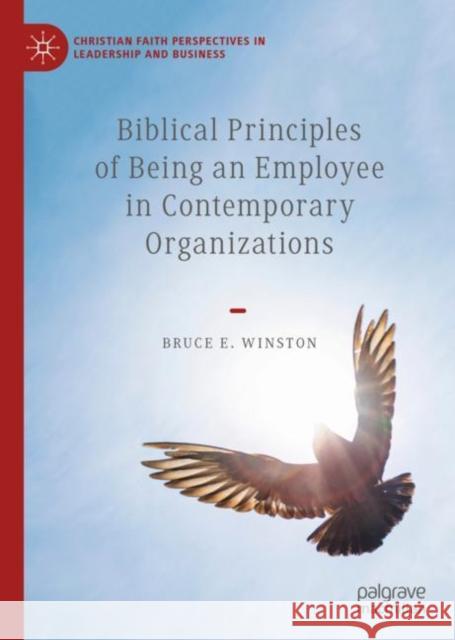Biblical Principles of Being an Employee in Contemporary Organizations » książka
topmenu
Biblical Principles of Being an Employee in Contemporary Organizations
ISBN-13: 9783030111687 / Angielski / Twarda / 2019 / 88 str.
Kategorie:
Kategorie BISAC:
Wydawca:
Palgrave MacMillan
Seria wydawnicza:
Język:
Angielski
ISBN-13:
9783030111687
Rok wydania:
2019
Wydanie:
2019
Ilość stron:
88
Waga:
0.27 kg
Wymiary:
21.01 x 14.81 x 0.64
Oprawa:
Twarda
Wolumenów:
01
Dodatkowe informacje:
Wydanie ilustrowane











